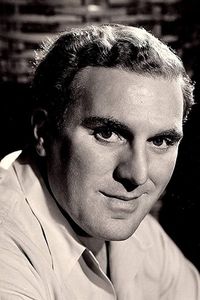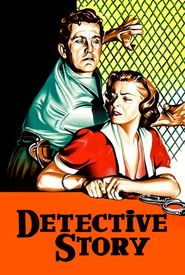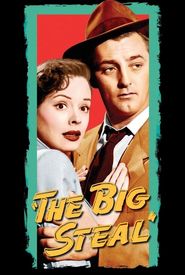William Bendix was not a native son of Brooklyn, New York, despite his stereotypical "Brooklyn accent" leading many to believe he was. In reality, he was born in the Borough of Manhattan, specifically in a midtown flat near the tracks of the long-since demolished Third-Avenue Elevated Railway, which was dismantled around 1956.
Bendix, with his distinctive jawline, broken nose, and burly build, began his acting career after the Great Depression forced him to close his grocery business. He had already gained experience performing in nightclubs and portraying taxicab drivers in a series of Broadway flops. His breakthrough performance on the Broadway stage came in 1939, when he played the role of cop Krupp in William Saroyan's "The Time of Your Life."
Bendix made his Hollywood feature debut in Hal Roach's "Brooklyn Orchid" (1942),but more often than not, he received less than top billing due to his frequent supporting roles. Despite his rugged appearance, he was often cast in comedic roles, such as in "A Connecticut Yankee in King Arthur's Court" (1949),where he played Sir Sagramore of King Arthur's Round Table in a full suit of armor and pageboy wig, delivering a memorable performance in his signature Brooklyn accent and Middle English dialect.
On the other hand, his craggy features also landed him roles like that of the thug Jeff in "The Glass Key" (1942),where he repeatedly and gleefully used his fists to beat star Alan Ladd's face and then sadistically challenged Ladd to return for further "treatment".
Although he is often remembered for his light-comedy portrayals of Chester A. Riley in "The Life of Riley" (1949) and "The Life of Riley" (1953),Bendix's finest and most memorable dramatic performance may have been in "Lifeboat" (1944),where he touchingly portrayed the role of Gus, a shipwreck survivor whose gangrenous limb had to be removed without anesthesia.

























































































